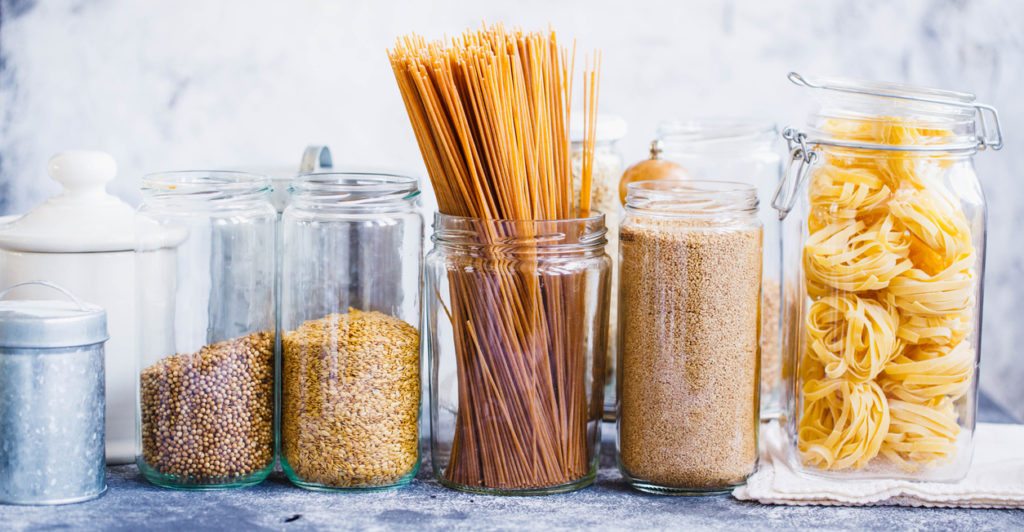The next time you sit down to a meal, remember that you’re responsible for feeding trillions of tiny microbial lives with what’s on your plate.
Generally speaking, your mouth contains “bad” bacteria that help cause tooth decay and “good” bacteria that not only manage calcium in your teeth but help to fight off the bugs that cause decay. The bad bacteria are fast metabolizers that feed on simple carbohydrates. The good (or “probiotic”) bacteria are slower metabolizers that feed on complex carbohydrates, or fiber, turning it into short-chain fatty acids. (Certain probiotic gut bacteria perform this conversion via fermentation.)
If you don’t eat enough fiber and instead eat mainly simple carbohydrates (sugar), you can cause the faster-metabolizing bacteria to grow and take over, causing more tooth decay. But the mouth is not the only place where the battle between good and bad bacteria—and between sugar and fiber—is waged. It also goes on in the gut.
We know that humans don’t digest dietary fiber, but we’ve long known that it aids digestion. We’ve attributed that to the way it bulks up the stool, making it pass through the colon more easily. But it also feeds the good bacteria in the gut, which use it for energy and to maintain the all-important lining of the gut.
Simple Carbohydrates In The Modern Diet
Studies have shown that traditional diets high in natural sources of fiber—such as a variety of vegetables, nuts, seeds, and whole grains—gave our ancestors far more diverse gut bacteria than we have today. Their balanced microbiomes meant that they didn’t suffer from our rate of tooth decay, and were similarly unlikely to experience chronic digestive disorders like irritable bowel syndrome or ulcerative colitis.
But today, the average American adult eats only around 15 grams of fiber a day. This amount pales in comparison with our distant ancestors, who ate around 100 grams per day. Again, we can trace this unfortunate shift in our diet to the Industrial Revolution and the modernization of food. In nature, sugar is usually locked up in plants, in a natural fiber casing. I like to think of this as “carbohydrates in context.” It means that when people and animals consume plants in their natural form, their bodies can access their simple carbs only after first breaking down their fiber. This means the microbiomes in their mouth and gut naturally stay balanced.
But when industrialization gave us direct access to refined white sugar and flour, which supply the simple carbs without their natural plant casings, it threw our microbiomes out of balance. Our teeth, and the rest of us, suffered the consequences.
If the good bacteria in your gut don’t get enough fiber, they can shift into a kind of starvation mode in which they’re forced to feed on mucin, a mucus-like coating that lubricates and protects the gut lining. If too much of that mucin is depleted, the gut barrier may not be able to function properly, resulting in digestive issues and leaky gut. Leaky gut can disrupt the conversation between gut microbes and the immune system and trigger the immune system to overreact. The immune system can go haywire and spark allergic reactions, weight gain, and even mental disorders.
Extracted from The Dental Diet, by Dr. Steven Lin, January 2018, RRP AU$24.99, Hay House







